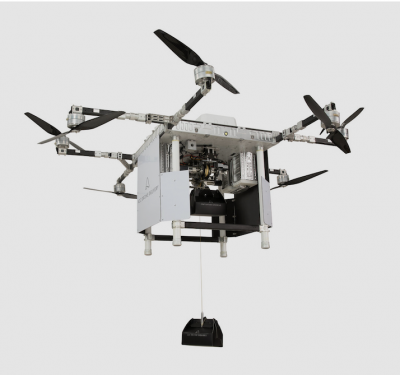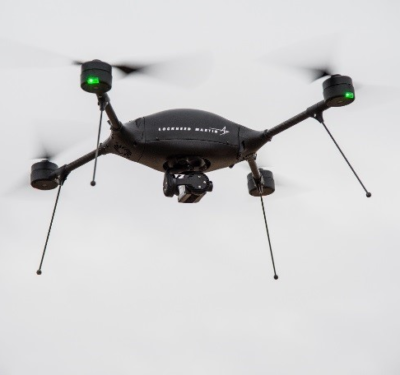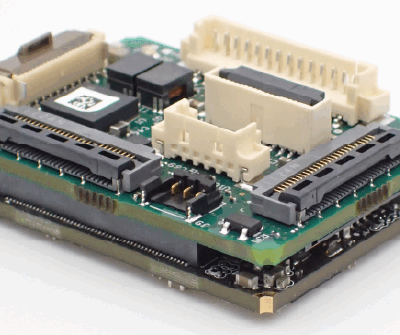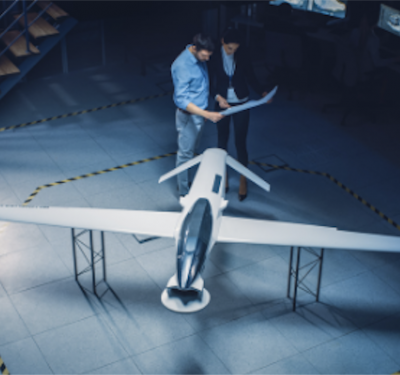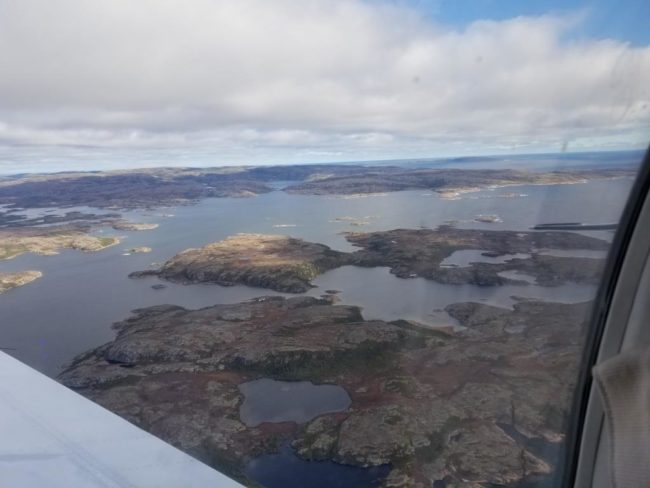
RAMMS is a highly efficient, next-generation airborne bathymetric mapping system that uses multibeam laser technology to deliver industry-leading depth penetration and point densities.
Fugro has completed a landmark data acquisition campaign over the Turks and Caicos Islands, marking the first commercial success of its new Rapid Airborne Multibeam Mapping System (RAMMS). Working under contract to the United Kingdom Hydrographic Office (UKHO), the company acquired more than 7,400 square kilometers of integrated, high-resolution bathymetric, topographic and image data. The resulting deliverables will support updated nautical charts and coastal zone management activities in the region, states a recent press release.
Launched in August 2018, RAMMS is a highly efficient, next-generation airborne bathymetric mapping system that uses multibeam laser technology to deliver industry-leading depth penetration and point densities. The compact sensor is deployed from small aircraft and can be easily integrated with other remote sensing technologies for simultaneous collection of multiple complementary datasets. For the Turks and Caicos project, this approach made it possible to acquire nearshore (bathymetry) and coastal (topography and imagery) data in a single deployment, producing a cost-effective solution and advancing Fugro’s sustainability goals by significantly reducing fuel consumption.
Related Reading: Airborne LiDAR Bathymetry Technology Allows Fugro to Survey Polynesian Island Country of Tuvalu
“After years of development, it’s extremely gratifying to operate RAMMS commercially and to demonstrate to clients the value that this cutting-edge technology can bring,” said Mark MacDonald, Fugro Americas Marine Division hydrographic service line director. He pointed to the massive Turks and Caicos project as an example. “The system’s multibeam LiDAR capability allowed us to achieve point densities that otherwise would have required vessel-based surveys. With RAMMS, we were able to avoid that additional time and expense, and significantly reduce health and safety exposure.”
Fugro is currently working on three additional RAMMS projects in the Americas region, one for UKHO in Belize, and two for the Canadian Hydrographic Society (CHS), in Quebec and Atlantic Canada. These projects are similar in scope to that of the Turks and Caicos project, combining bathymetry, topography and imagery for maximum value to clients, serving both navigation and coastal applications.
Based on steady interest in RAMMS, Fugro and technology partner Areté Associates are building an additionalsystem to meet anticipated contracting volumes in 2019. Fugro is also finalizing a cloud processing capability, which will further improve client delivery by streamlining data review and approvals, and ultimately making data available for download-on-demand. Additionally, Fugro aims to operate the unmanned aerial vehicle-proven systemautonomously in 2019, providing further operational efficiency gains and increasing access to remote project areas.


